Imagine being able to browse through the private emails of a high-profile figure, like a disgraced financier, without having to sift through thousands of documents. This is exactly what a group of pranksters has made possible with Jmail, a website that recreates the Gmail inbox of Jeffrey Epstein, the late financier who was accused of sex trafficking and other crimes. The site, which looks eerily like the real Gmail, allows users to click through thousands of emails, formatted to look exactly like regular messages, and even sort them by sender or category.
The pranksters behind Jmail, who wish to remain anonymous, have been praised for their technical prowess and criticized for their lack of tact. While some see the site as a clever way to make complex documents more accessible, others view it as a way to sensationalize Epstein's crimes and potentially compromise the privacy of those involved. But what does Jmail reveal about the intersection of technology and society, and what implications does it have for our understanding of power and privilege?
To understand the significance of Jmail, it's essential to look at the context in which it was created. Last week, the House Committee on Oversight and Government Reform released 20,000 documents from Epstein's estate, including thousands of emails sent between Epstein and high-profile individuals like Ghislaine Maxwell, Steve Bannon, Michael Wolff, and Larry Summers. These emails, which have been widely reported on, reveal a web of connections between Epstein and some of the most powerful people in the world.
The pranksters behind Jmail took these documents and created a website that allows users to browse through them in a more user-friendly way. The site is remarkably convincing, with a Gmail-like interface and even a profile picture of Epstein that says "Hi Jeffrey!" when clicked. Users can sort through thousands of emails, which are formatted to look exactly like regular messages, and even search for specific keywords or senders.
But what does Jmail reveal about the intersection of technology and society? One expert, Dr. Rachel Kim, a professor of computer science at Stanford University, notes that the site highlights the power of technology to democratize access to information. "Jmail shows us that with enough technical expertise, anyone can create a platform that makes complex documents more accessible to the public," she says. "This is a double-edged sword, however, as it also raises questions about the potential for misuse and the need for greater transparency and accountability."
Another expert, Dr. David Lyon, a professor of sociology at Queen's University, sees Jmail as a reflection of our increasingly digital lives. "The fact that we can recreate someone's private emails on a website like Jmail is a reminder of how much of our lives are now lived online," he says. "This raises important questions about the boundaries between public and private space, and the need for greater protections for individuals' online privacy."
As for the pranksters behind Jmail, they remain anonymous, but their motivations are clear. In a statement, they said that they created the site to "make the Epstein documents more accessible to the public" and to "highlight the need for greater transparency and accountability in government and politics." While some have criticized the site for its potential to sensationalize Epstein's crimes, others see it as a necessary step towards greater accountability and transparency.
As we look to the future, it's clear that Jmail is just the beginning of a new era in digital activism. With the rise of AI-powered tools and platforms, it's becoming increasingly easy for individuals to create and disseminate complex documents and information. But this also raises important questions about the potential for misuse and the need for greater protections for individuals' online privacy.
In conclusion, Jmail is more than just a prank or a clever technical feat – it's a reflection of our increasingly digital lives and the need for greater transparency and accountability in government and politics. As we move forward, it's essential that we prioritize the development of technologies that promote greater access to information and greater protections for individuals' online privacy. Only then can we truly harness the power of technology to create a more just and equitable society.



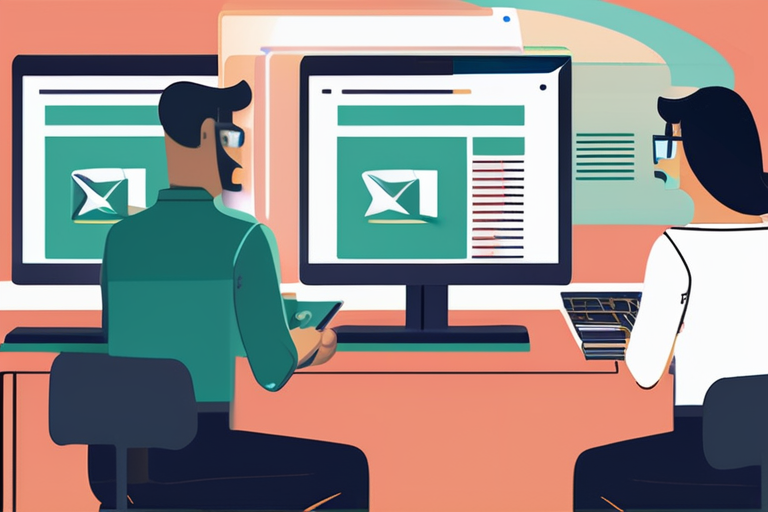


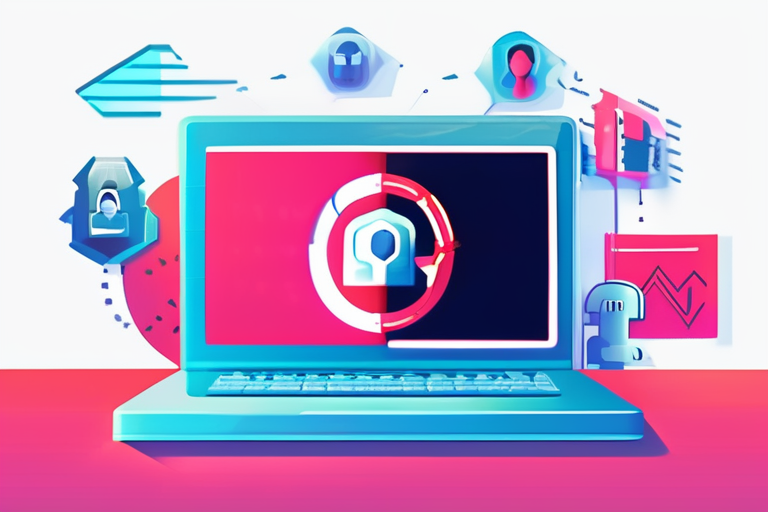
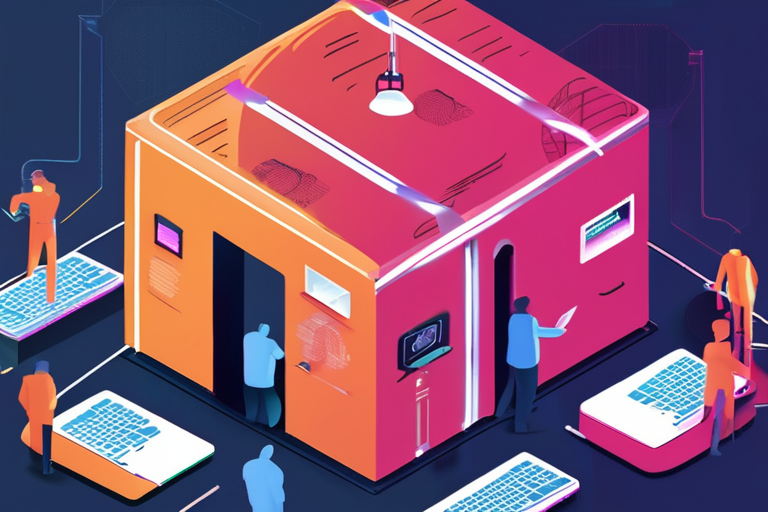
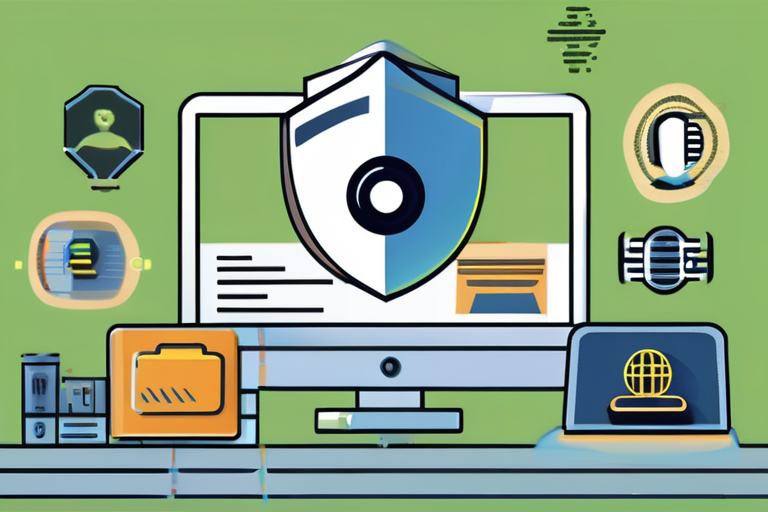
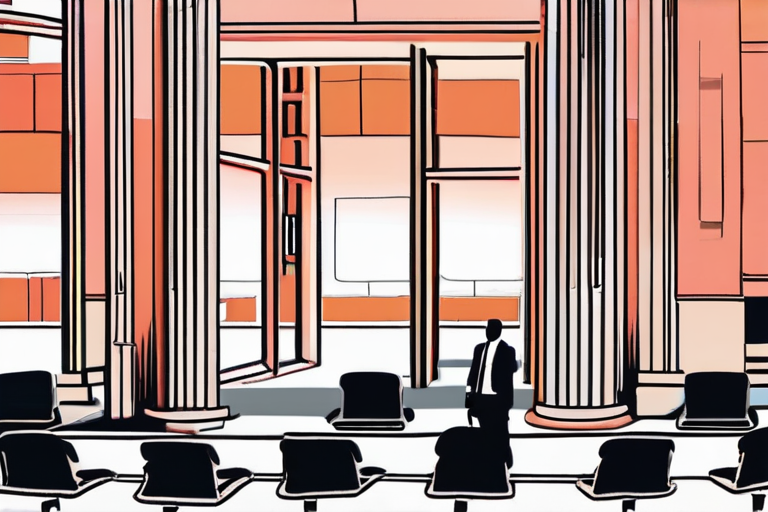

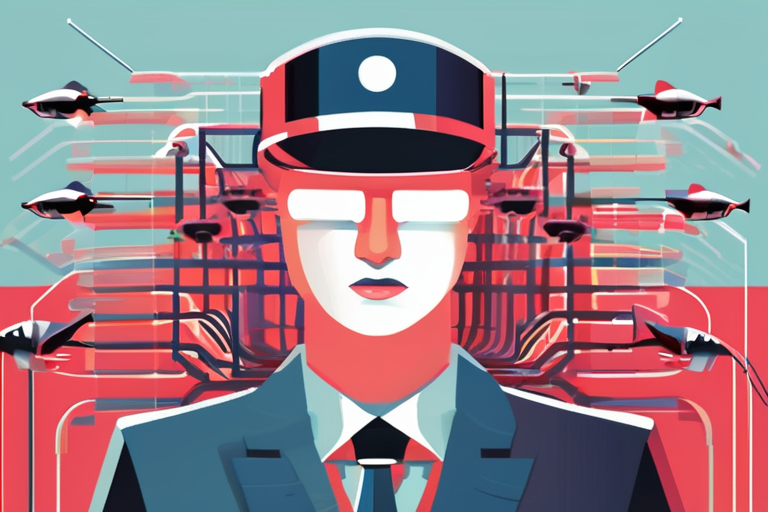
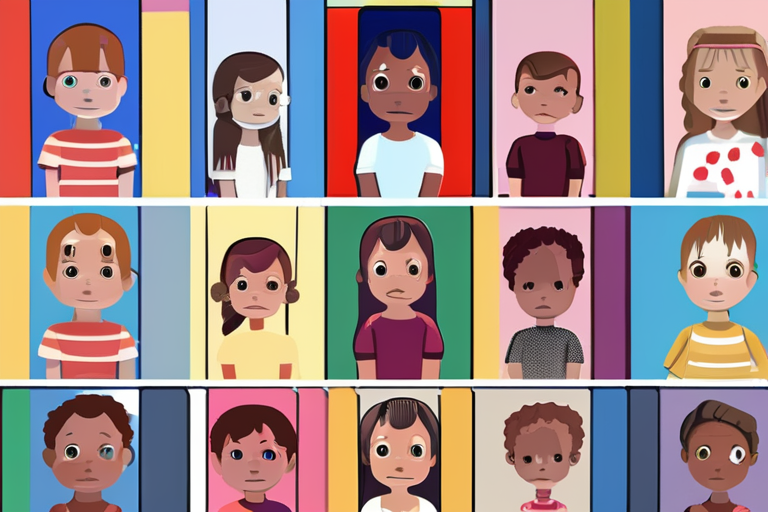
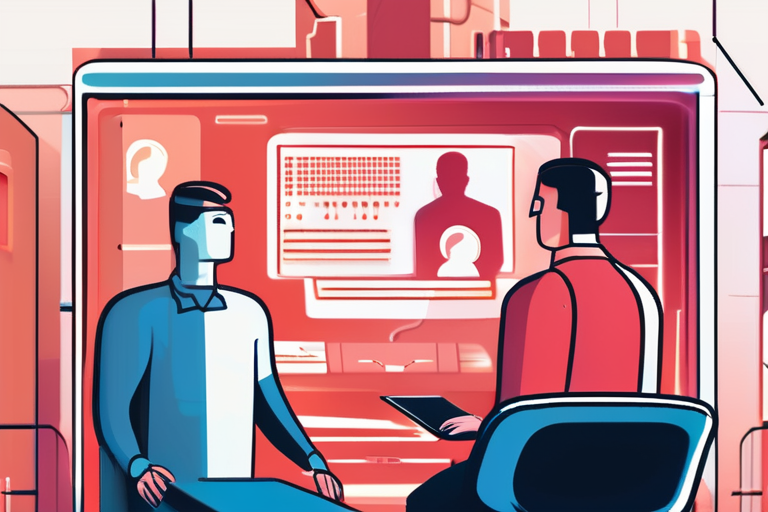


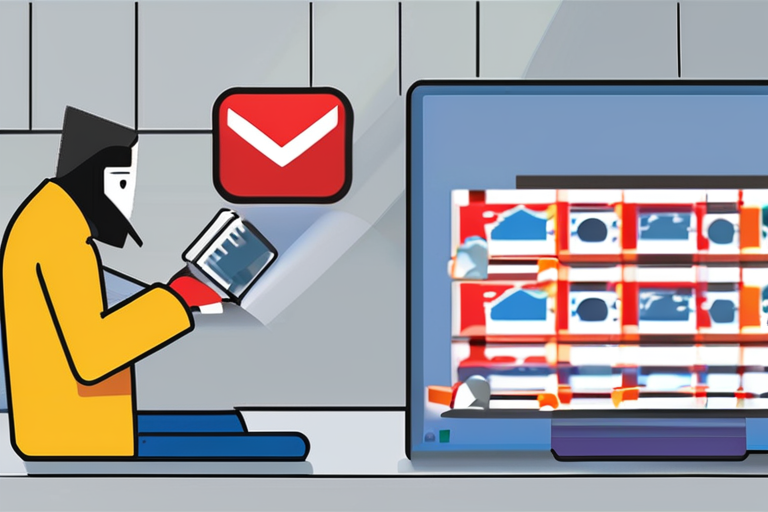


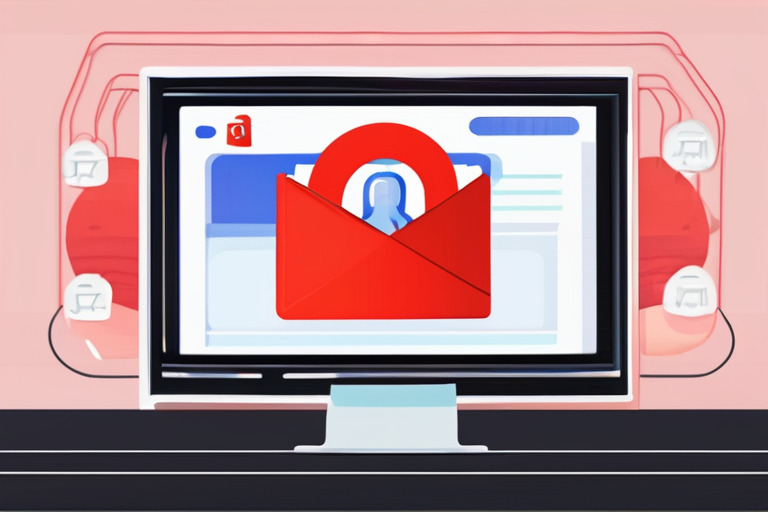
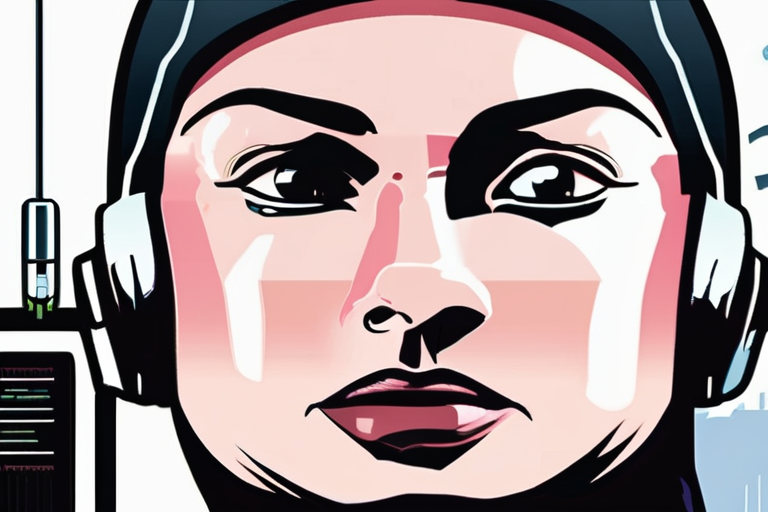

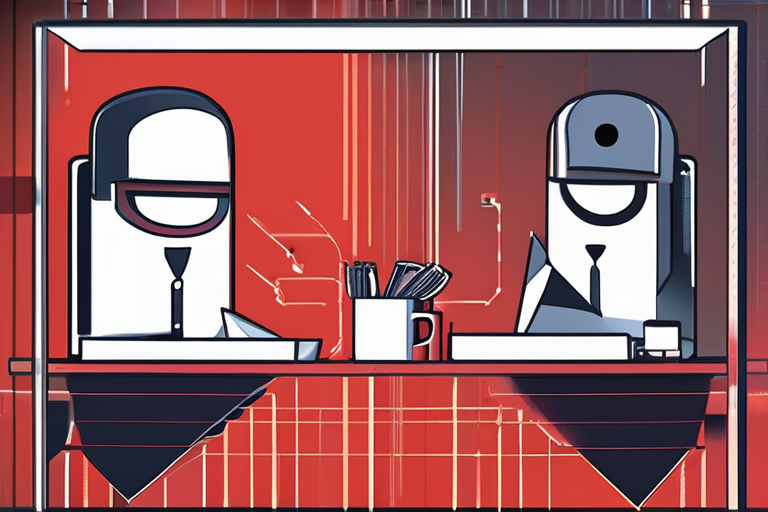
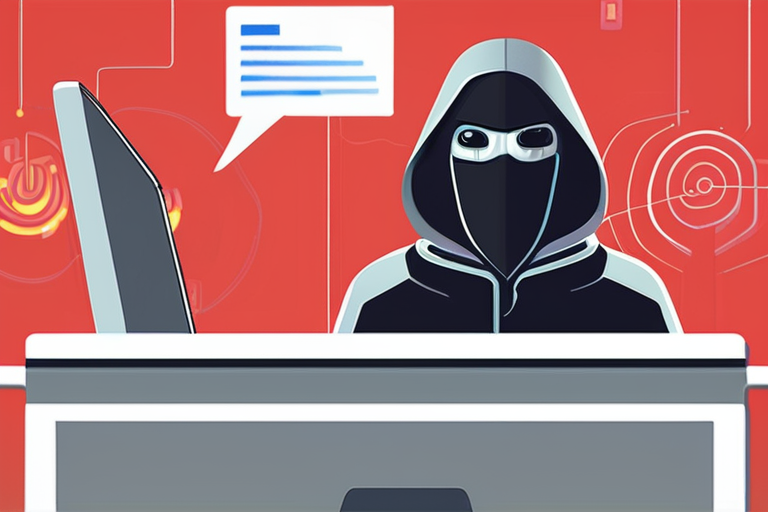
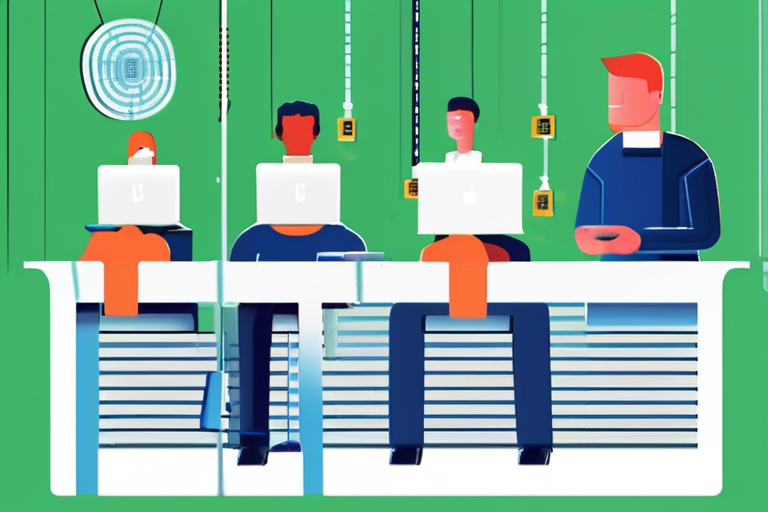

Share & Engage Share
Share this article